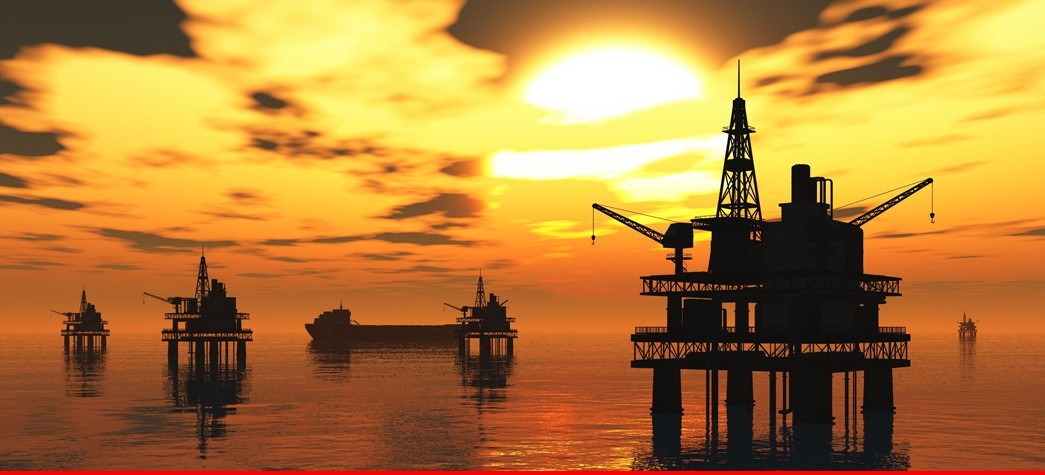The Block Bidding Round 2020 arranged by the government was met with quite an unfavorable response. The Directorate General of Petroleum Concessions (DGPC) sought bids for 20 exploration blocks across the country but could not receive any bids for 25 per cent of the onshore oil blocks.
Out of 20, oil and gas exploration companies submitted bids for 15 exploration blocks and DGPC could secure no bids for the remaining five. In a bid to attract investment in the energy sector and stimulate exploration activities in the country, the government had initiated this second round of bidding.
In it’s first round, during the current government of Pakistan Tehreek-e-Insaaf (PTI), the Petroleum Division was looking forward to award 10 exploration blocks but did not get an encouraging response from the exploration and production companies. It was then decided that a second round would be arranged and a special plan was outlined by Petroleum Division for increased engagement of foreign companies.
Read More: Mari Petroleum Company awarded four new blocks
Officials of the Petroleum Division attended road shows and energy conferences in different countries including the UAE and Russia as a part of this plan to encourage foreign companies to participate in the bidding. But all in vain, as only companies operating in Pakistan demonstrated interest in the bidding.
Pakistan fails to secure bids for 5 blocks
The government provisionally awarded 15 new blocks to four local E&P companies to unearth new hydrocarbon deposits within the country so that nation’s heavy dependency on imported energy is reduced. Nine exploration and production companies made bids for the 15 blocks, while the government had invited bids for a total of 20 blocks. These companies included the state-run oil and gas explorer Oil and Gas Development Company Limited (OGDCL)Pakistan Petroleum Limited (PPL), Petroleum Exploration Limited (PEL), Pakistan Oilfields Limited (POL), Mari Petroleum, OPL, Zaver Petroleum, OGIL, Okta, Spud Eng participated in the bidding process. OGDCL had a prominent presence in the entire bidding process as it attempted to bid for 13 exploration blocks.
Two bids were received for Khewar, five for Sujawal and one bid each for for Nowshera and D.I.K (W). Killa Saifullah also received one bid while Block 28-W and Sharan received three bids each. Narali received three bids whereas Lila and Hazro also got one bid each. Jhelum got two bids, N-Dhurnal three bids, Vahari and Sutlij one bid each.
Read More: Energy Security key for Pakistan’s progress
For Khewar, N-Dhurnal, Jhelum, Narali, Sharan and Sujawal (S) OGDCL was the highest bidder and for Block 28-W and D.I.K, OKTA was the highest bidder.
OGDCL was the sole bidder For Vehari, Sutlaj, Hazro, Lila and Nowshera. Similarly, for Killa Saifullah OGDCL and MPCL were declared partners and for Sulaman OGDCL and PPL were announced partners by the Petroleum Division.
Unfortunately, no bids were received for Abbottabad, Desert, Okra, Noopur and Islam Garh by the Director General of Petroleum Concessions (DGPC).
Challenges for Pakistan’s E&P Sector
Pakistan’s economy is strained by an imbalance in its import-export equation. Country’s inability to produce value-added products is crippling its export potential for many decades. And a fast-growing population, rural-urban migration and growth of cities is increasing demand for energy sources.
Pakistan imports almost 80% of its energy resources, causing a huge spike in its import bill – it imported $14 billion worth of mineral fuels in the FY-2019, i.e., 28% of its imports. During the pandemic, oil prices plunged as the demand hit rock bottom with enforced lockdowns all around the globe.
The unusual situation also led to a fall in Pakistan’s import bill by 33% to $668 million during March 2020 as compared to the bill during March 2019, i.e., $ 995 million. As energy imports plunged, the construction and mining machinery imports went up by 119% to $25.98 million in March 2020 compared to $11.45 million in March 2019.
Read More: A challenging time for E&P sector
According to a statement issued by DGPC, the minimum investment to be made by the exploration and production (E&P) companies in the recently awarded blocks will be over $71 million in three years. This decision is based on the fact that often small players operating in the E&P sector bid without any groundwork and are awarded these blocks. But most of the times, they fail to develop them due to lack of funding or because they plan to sell them off to other companies to earn profit. This minimum investment condition would guarantee that there is no foul play involved and the blocks are only granted to those companies who are actually keen on developing them.
Earlier, in an interview with GVS, Lt. Gen (retd) Ishfaq Nadeem Ahmad, MD MPCL highlighted the precarious security situation in areas like FATA and Balochistan because of which companies were previously reluctant to engage in exploration activities in these regions. However, the security situation has improved considerably in the past few years and since then, MPCL has taken the lead in undertaking projects in such regions with the government’s support.
He also talked about how foreign companies willing to engage in exploration activities in the country were looking to partner with efficient and reliable Pakistani organizations with low costs of production.
The cost of security he believes, still remains high and is quite an obstacle for the companies who are interested in participating in oil extraction in the country. He further stated that foreign investment is also of crucial importance when it comes to Pakistan’s E&P sector as they bring with them the experience and expertise that the companies operating here lack.














